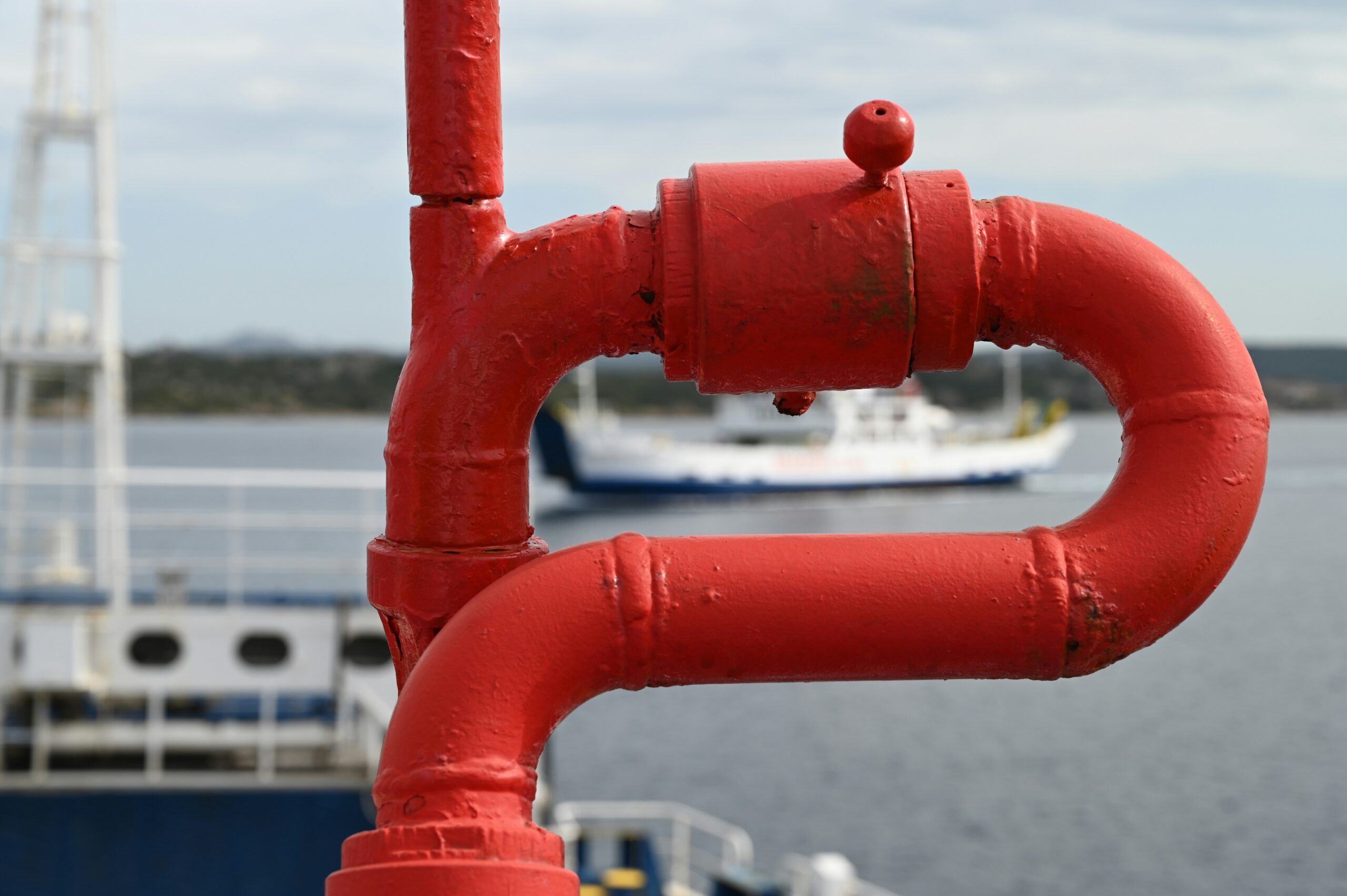
Ship management in the oil and gas industry plays a crucial role in ensuring the safe and efficient transportation of energy resources. With the complexities of offshore drilling, logistics, and maritime operations, the demand for effective ship management practices has never been more significant. As the industry faces constant challenges, such as fluctuating market conditions, evolving safety regulations, and technological advancements, a strategic approach to ship management becomes vital for success. By focusing on key operational aspects, companies can maintain high standards of safety, efficiency, and environmental compliance while ensuring cost-effective operations.
Safety First: Ensuring Safe Operations at Sea
One of the top priorities in ship management within the oil and gas industry is safety. The risks associated with transporting petroleum products and operating offshore vessels are significant, making it essential to establish robust safety protocols. Safety management systems (SMS) must be put in place to ensure compliance with international regulations such as SOLAS (Safety of Life at Sea), MARPOL (International Convention for the Prevention of Pollution from Ships), and ISM (International Safety Management) Code. These standards focus on crew training, maintenance practices, emergency preparedness, and risk assessment.
Moreover, adopting modern technologies like real-time monitoring systems and automated safety equipment can significantly enhance on-board safety. Digital platforms that provide immediate access to crucial data on weather conditions, vessel performance, and potential hazards can help crews make informed decisions in real time. Regular drills, safety audits, and maintenance schedules are also integral to maintaining a safe working environment for crew members and minimizing accidents at sea.
Efficient Fleet Management for Operational Success
Efficient fleet management is central to optimizing ship performance and reducing operational costs. Oil and gas companies operate a range of vessels, including tankers, offshore supply vessels, and drilling rigs, all of which must be managed effectively to ensure smooth operations. Fleet management software can offer real-time insights into vessel conditions, route planning, and fuel consumption, helping operators improve operational efficiency and reduce expenses.
Proper maintenance and timely repairs are vital components of fleet management. Routine inspections, adherence to manufacturers’ specifications, and proactive maintenance practices are key to preventing breakdowns and costly downtime. Scheduled dry docking, hull inspections, and equipment upgrades should be planned in advance to minimize operational disruptions. Furthermore, ensuring that ships are equipped with the latest fuel-efficient technologies and eco-friendly innovations is becoming increasingly important as environmental regulations tighten.
Environmental Compliance and Sustainability Efforts
Environmental protection is a growing concern in the oil and gas industry, and ship management must prioritize sustainability. Compliance with regulations such as MARPOL is mandatory, requiring companies to minimize emissions, prevent oil spills, and manage waste on board. Implementing ballast water treatment systems, reducing fuel consumption, and adopting cleaner technologies are just a few of the ways ship managers can meet environmental standards and reduce their carbon footprint.
In addition to regulatory compliance, adopting a sustainability-focused management approach helps to enhance a company’s reputation and meet the increasing demand for eco-friendly practices from stakeholders and consumers. Reducing the environmental impact of offshore operations not only complies with legal requirements but also contributes to the global effort toward preserving marine ecosystems and fighting climate change.
Crew Management and Training for Operational Excellence
Effective crew management is essential for the smooth operation of vessels in the oil and gas industry. A well-trained and motivated crew contributes significantly to the safety, efficiency, and success of maritime operations. Recruitment and retention of skilled personnel are challenges that require a proactive approach, especially considering the specialized skills required for offshore drilling and vessel operation.
Training programs should be comprehensive, covering both technical skills and soft skills such as leadership, communication, and teamwork. Certifications in areas such as maritime safety, first aid, and environmental management are critical for ensuring that crew members are prepared for the unique challenges they may face at sea. Furthermore, ensuring adequate rest periods, monitoring crew welfare, and fostering a positive work environment are crucial for preventing fatigue and maintaining high levels of performance.
Adopting Technological Innovations in Ship Management
Technology is transforming the oil and gas industry, and ship management is no exception. Digitalization is playing an increasingly important role in enhancing operational efficiency, safety, and compliance. Advanced navigation systems, predictive maintenance tools, and automated fuel management systems are just a few examples of innovations that are improving the management of vessels.
Moreover, the integration of the Internet of Things (IoT) allows for real-time data collection from various ship systems, enabling better decision-making and quicker response times in case of emergencies. Artificial intelligence (AI) and machine learning algorithms are also being used to optimize route planning, reducing fuel consumption and operational costs. As these technologies continue to evolve, the maritime industry will increasingly rely on digital solutions to enhance overall management.
Navigating the complexities of ship management in the oil and gas industry requires a multifaceted approach that combines safety, operational efficiency, environmental responsibility, and technological advancement. By adhering to international regulations, optimizing fleet performance, prioritizing environmental sustainability, and ensuring proper crew training, companies can successfully manage their vessels and operations in the dynamic and challenging oil and gas sector. With ongoing innovations and the growing importance of efficiency and sustainability, effective ship management will continue to be a cornerstone of success in the industry.